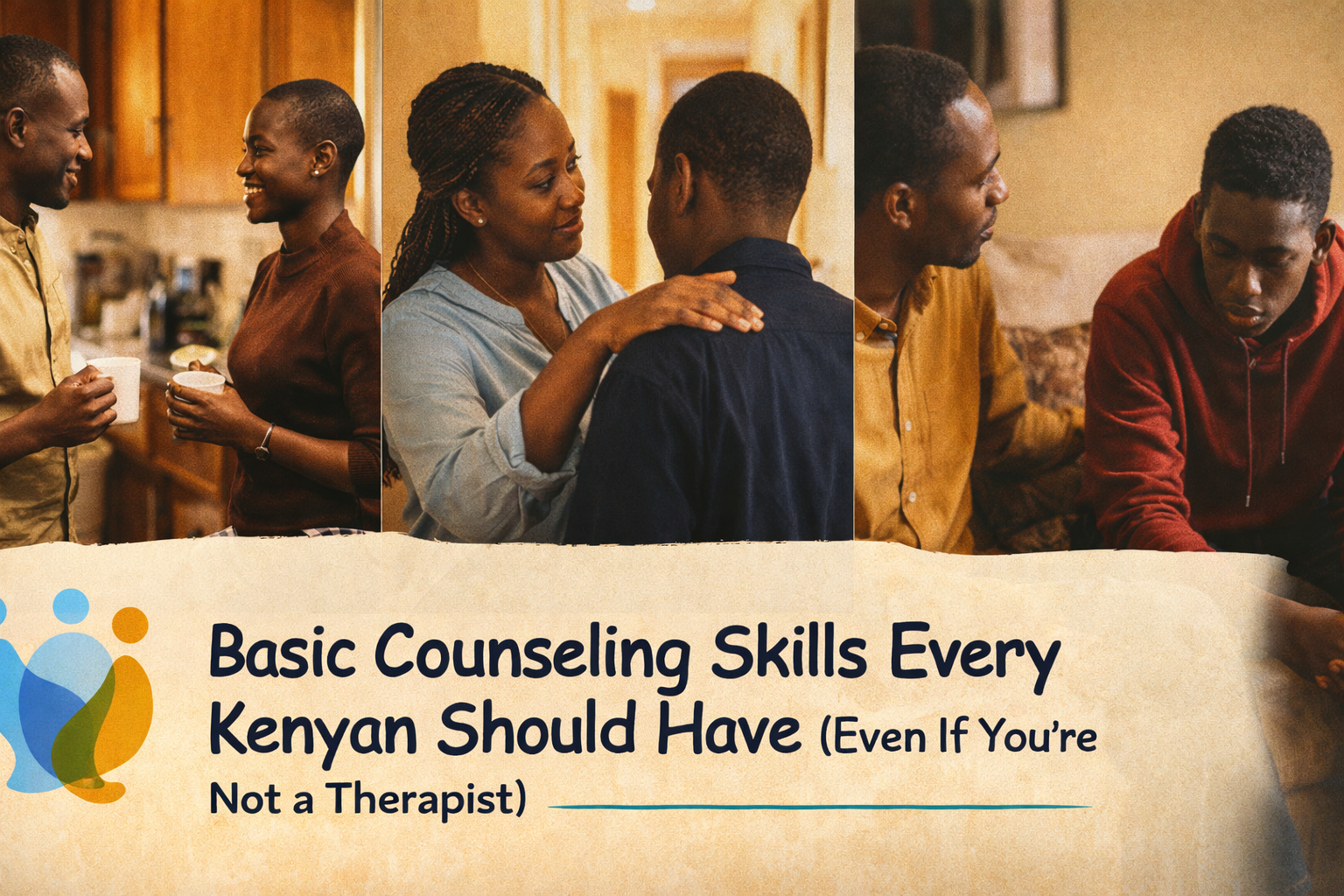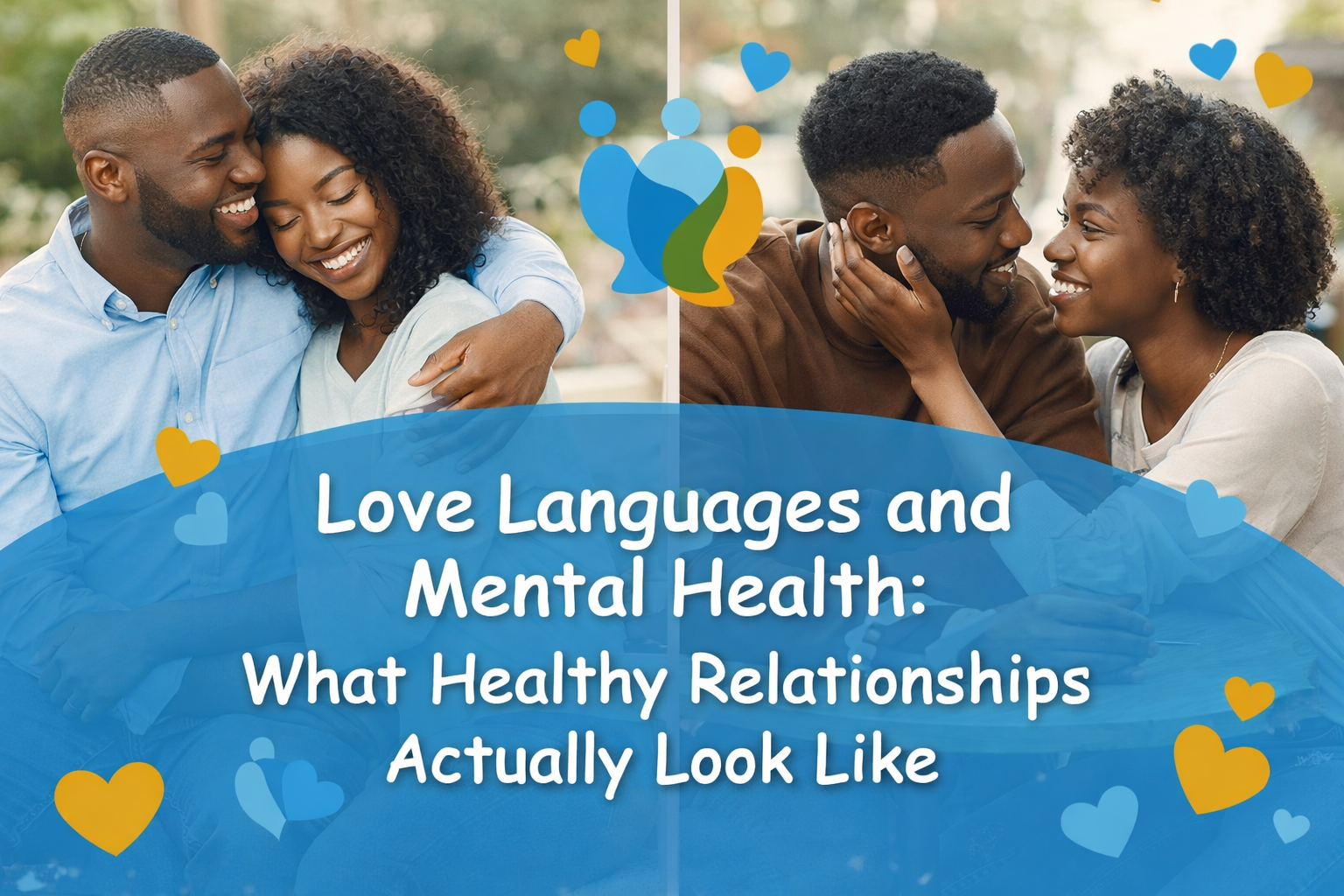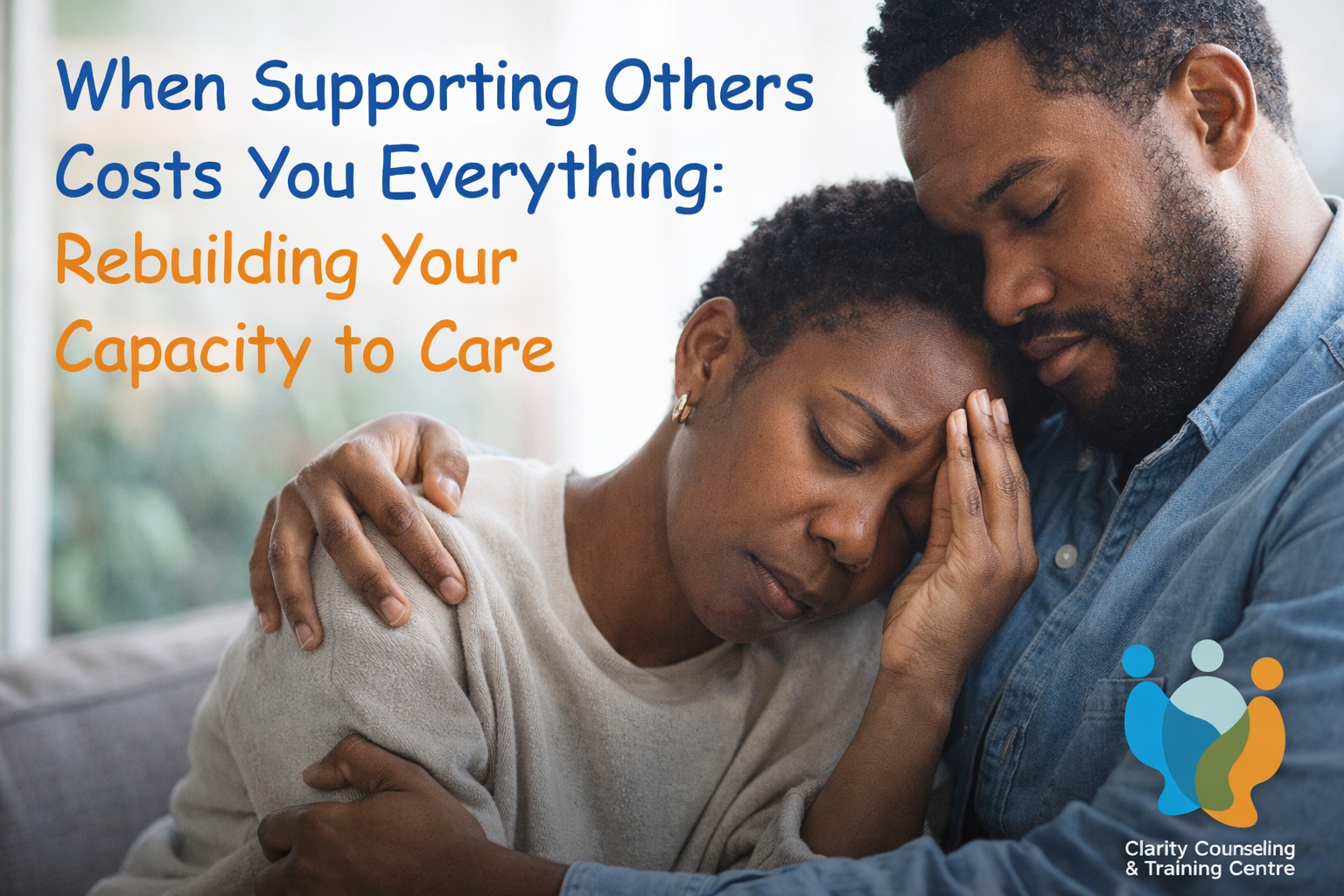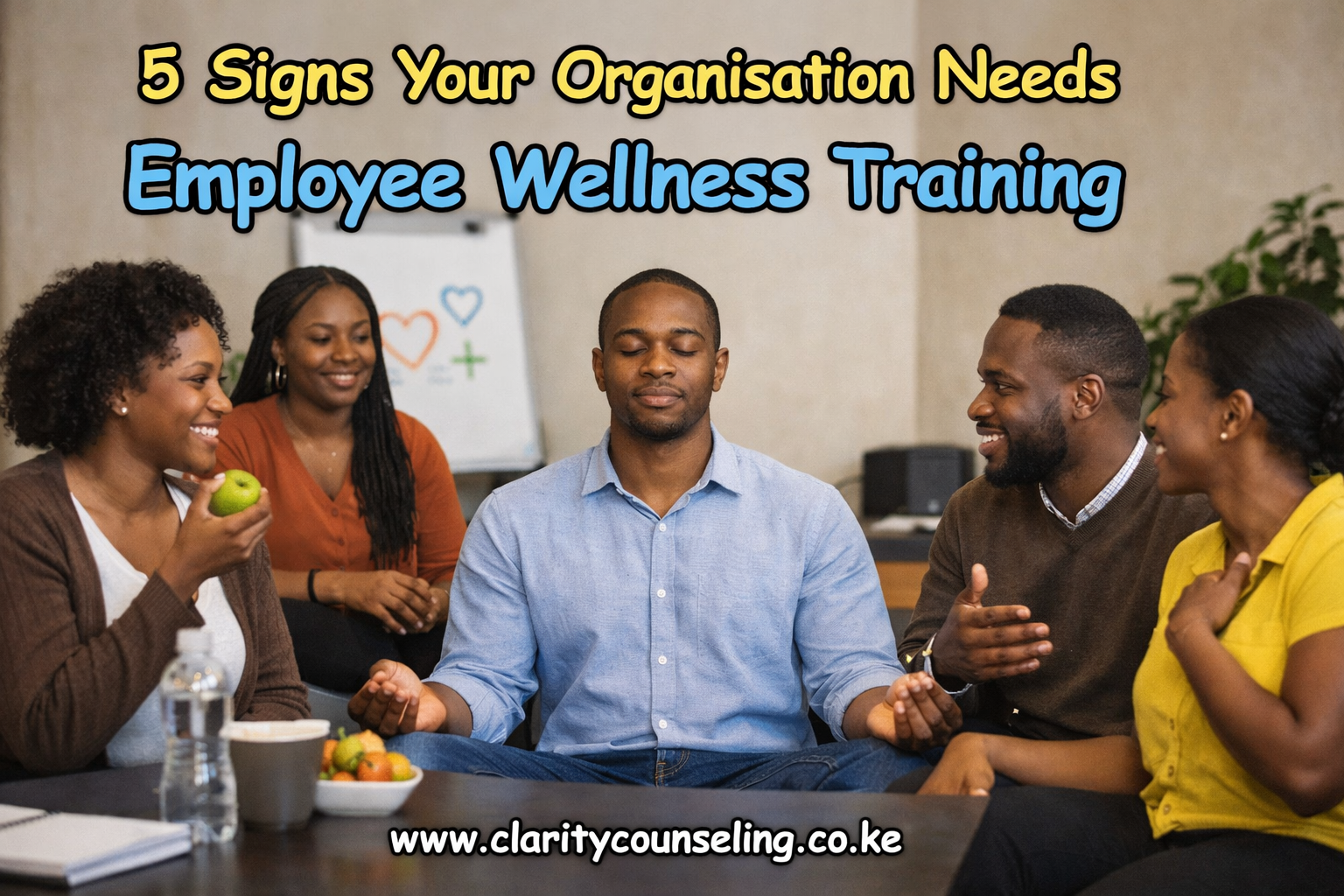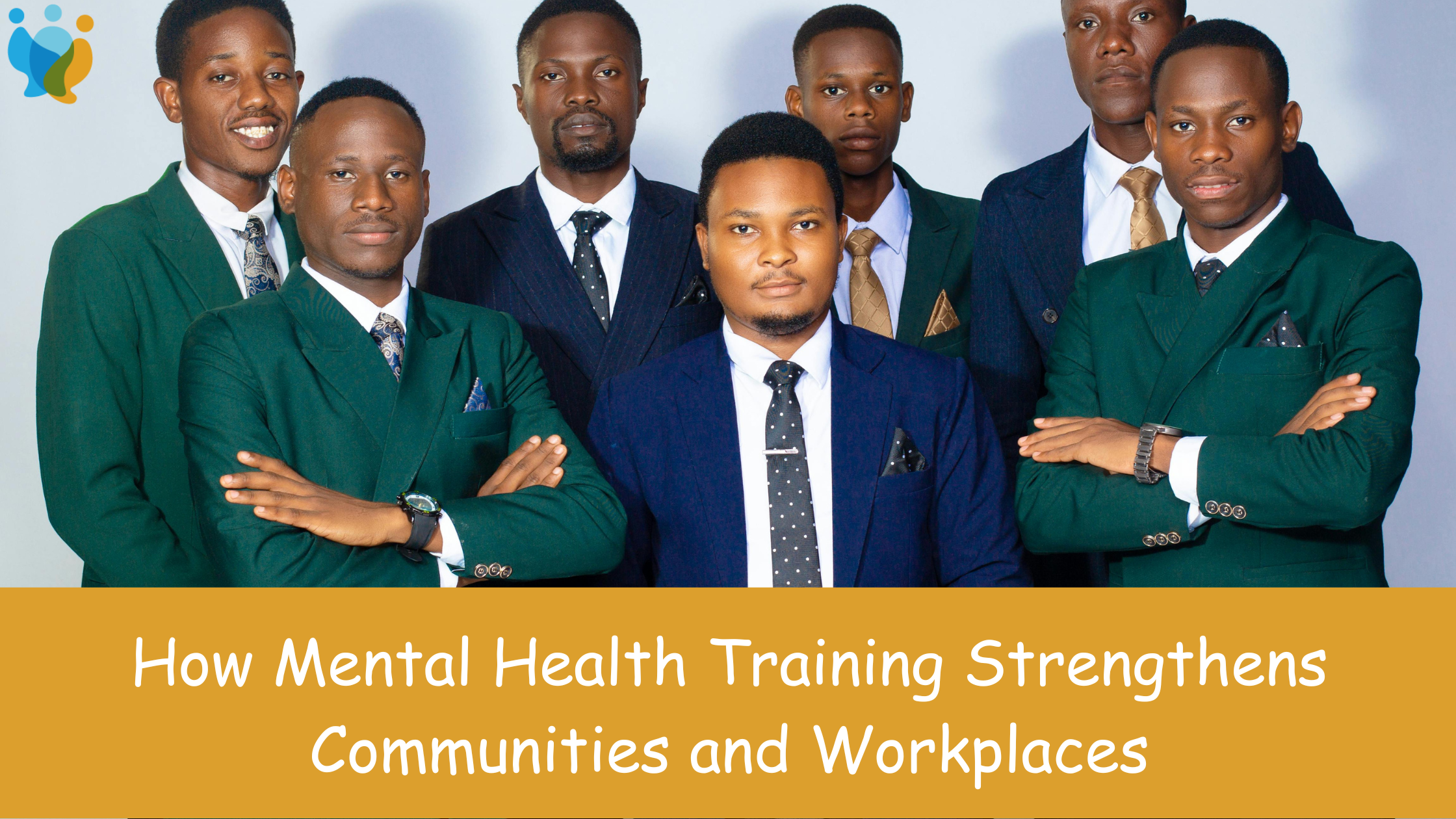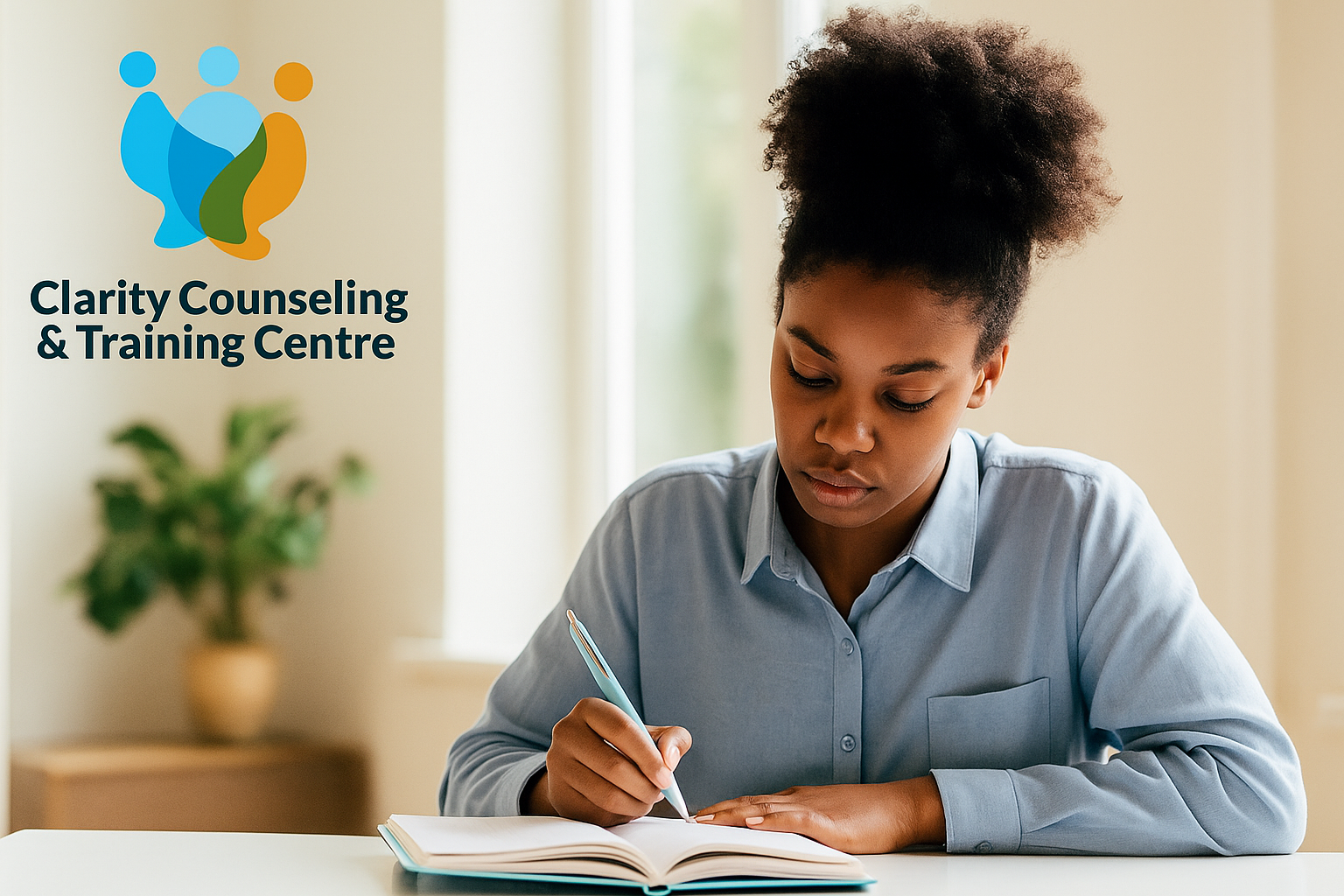Relationship Assessments: How and Why To Do It

Relationship Assessments: How and Why To Do It
It is Valentine’s season again, and everyone is talking about relationships. People think you are lucky to be in one, but deep down, you are unsure of its health or future. The romance of the month hides deeper questions you may have avoided in previous years. For instance, are we right for each other? Do we make each other happy? Are we growing together or drifting apart?
It’s scary to ask these questions because you may be afraid of the answers. But avoiding them only delays the inevitable. This Valentine’s season, take time to honestly assess your relationship. Not just the surface level giving or receiving of flowers and chocolate, but the deeper intimacy, compatibility, and partnership level.
Examining the hard truths can strengthen your bond with your partner or enable you to end things instead of wasting each other’s time. This article will give you the criteria to use for assessing your relationship and later suggest what to do after you get your results. But first, let’s discuss why you should assess your relationship this Valentine’s season.
Why You Should Assess Your Relationship This Season
Assessing your relationship is like giving it a health check-up. The same way people visit the doctor to ensure their physical well-being, taking a moment to evaluate and understand the dynamics of your relationship is crucial for its overall health. The following table outlines other reasons for assessing your relationship this Valentine’s season.
| Reason to Assess Relationship | Its importance |
| Allows open communication | Regular check-ins provide a dedicated space to share experiences, express needs, and align perspectives |
| Identify areas for improvement | Helps to pinpoint areas that need closer attention to allow positive change |
| Encourage individual growth | Evaluation brings out individual aspirations and gives room to support each other’s development |
| Express appreciation | If the reviews are positive, you get the chance to express gratitude to your partner |
| Address trust issues | Gives one or both partners the opportunity to repair any lost trust to avoid further challenges |
| Build strong foundation | Checking in solidifies the groundwork for the relationship to flourish |
Assessing your relationship isn’t about finding flaws but nurturing a connection that strengthens over time. Just as a garden requires care to flourish, your relationship benefits from the attention you give it. Regular assessments ensure that your relational garden is thriving, with strong roots and the potential for endless growth. With that in mind, let’s look at the criteria to critically assess your relationship.
Criteria for Assessing Your Relationship
Assessing your relationship requires examining key areas that impact its health and sustainability. The following are four areas to evaluate to help you comfortably know whether your relationship is heading in the right direction or not.
1. Goal Alignment
One of the most critical things to regularly assess in a romantic relationship is whether you and your partner still share the same vision for major life goals. When you first fall in love, establishing compatible life paths may not be at the forefront. Most probably, you are focused on chemistry and the excitement of new romance.
However, as the relationship progresses and the realities of adulthood set in, differing priorities and values will eventually tear a couple apart no matter how strong the initial attraction. It is vital to assess alignment on aspirations like:
- Where you want to live long-term
- Whether you will have kids or not and how many
- Plan for financial growth
- Career ambitions
- Adventure goals
Partners often discover their individual dreams taking a different turn as time passes. Ongoing open communication ensures you can adapt to changes together rather than being blindsided down the road by new and competing goals. The best way to avoid being blind-sided is to plan to have a conversation about your life goals with your partner this Valentine’s season.
Learn more: Attachment Styles: How Your Childhood Shapes Your Adult Relationships
2. Emotional Closeness
Emotional closeness or intimacy is a key element that ensures a couple stays connected at a deeper level—beyond the physical intimacy. Being emotionally close means consistently creating a safe space to connect with your partner through mutual understanding and care.
In addition to being able to transparently express your inner fears, doubts, hopes, and dreams without judgment. If a couple fails to pay close attention to these aspects it causes partners to slowly drift apart over time. To assess your emotional closeness, you should ask yourself:
- Do I feel genuinely listened to, understood, and supported when I share difficult emotions?
- Am I holding back certain thoughts or walking on eggshells to avoid conflict?
- Does my partner make space for me to process doubts and anxieties without diminishing my needs?
- When my partner apologizes after realizing they are wrong, is it genuine or just doing it for the sake of it?
If you answer yes to one or more of the above questions, the depth of connection with your partner will wither eventually. Do not overlook this important criterion because relationships secured in emotional intimacy can survive external attacks and internal conflicts that romantic relationships rooted in physical intimacy often cannot weather.
Related: Emotional Codependency: 5 Signs Of Unhealthy Codependency
3. Healthy Communication

Stacy and Ken had been in a relationship for two years and doing relatively well until Stacy’s mom suffered a stroke. The stress of managing caregiving, work schedules, and financial strain brought to the surface previously dormant tensions. A huge blow-up occurred when Stacy scheduled her mom’s medical appointments during a week Ken had planned for them to go for a Valentine’s holiday gateway.
Rather than being compassionate, they weaponized each other’s fears and stress. Ken accused Stacy of being “selfish” for ruining his trip, while Stacy attacked Ken as an “insensitive person” for caring more about vacation than her mother’s health. Trust quickly weakened as they pulled each other down instead of finding common ground.
The above conflict demonstrates the negative effects of unhealthy communication patterns. All couples face conflicts, but having the skills to argue respectfully when under stress strengthens bonds rather than destroying them. To assess the health of your relationship’s communication, ask yourself:
- Do arguments lead to insults and stonewalling, or do we fight fair by sticking to the topic at hand?
- Can we candidly discuss frustrations surrounding sex, money, family or other sensitive topics calmly and lovingly?
- Do we seek to understand each other’s experiences when expressing our weaknesses or vulnerabilities, even if they differ from our own?
- Does one partner do most of the talking while the other avoids speaking up?
- When upset, can we identify root triggers beneath surface anger?
Blame, put-downs, manipulation and dismissal —all things Stacy and Ken resorted to—destroy emotional intimacy over time. Being able to tackle difficult conversations with empathy and collaboration, even during frustration, is key. Are you able to communicate like that with your partner?
4. Supporting Growth
When two people first fall for each other, it’s easy to ignore signs that one person might be holding the other back instead of helping them become a better person. For example, having a partner showing controlling behavior or obsessing over how they love the other, which are signs of unhealthy dependency.
More than just putting up with weaknesses, a healthy relationship actively supports each person in reaching their full potential through understanding and motivation. Ask yourself:
- Am I stepping outside my comfort zone more because of this relationship or staying stuck in my ways?
- Do we inspire each other to be the best versions of ourselves or make excuses when one of us acts badly?
- Are we learning important life lessons and gaining new perspectives because of this relationship?
- Do our strengths feel magnified together or suffocated and dimmed?
- When tackling personal setbacks, does my partner lift me up with unconditional support or add criticism that holds me back?
A good partnership does not stagnate. It keeps expanding what each person can do through hard truths said kindly and helping the other realize strengths they didn’t see before. We move forward faster when someone we love mirrors back our growth during hard times instead of letting us hide.
This Valentine’s month, double-check to make sure you and your partner are achieving awesome emotional and spiritual goals in life together, not chaining each other to the past or preventing each other from growing. If your partner has insecurities expressed with fear of being left behind by your growth, they may keep you from moving forward.
Did you know you can improve your relationship’s future by taking an emotional intelligence class? Learn more about it here.
What Next After an Assessment
So you’ve stepped back and honestly evaluated where your relationship stands across four key areas: goal alignment, emotional intimacy, communication, and supporting growth. Be proud that you courageously confronted potential issues before they became dealbreakers down the road. Now what?
An assessment is only useful if it leads to concrete actions towards improvement. Just like going to the doctor for a health screening doesn’t make you instantly better, you must follow prescribed steps to get well. Moving forward requires you and your partner to review what surfaced in your relationship inventory together and develop mutual plans to improve those spots.
If your assessment brought up conflicts around things like money or family plans, look for financial advisors or go for counseling to better negotiate win-win compromises. Feeling disconnected physically or emotionally means prioritizing regular date nights, intimacy-building activities, and deeper vulnerable conversations where you become students of each other’s inner worlds again.
Not every assessment ends with partners remaining together. Sometimes analyzing a relationship reveals irreparable differences or betrayal, leaving you heartbroken. Finding the courage to recognize when a relationship has reached its limits takes wisdom. Forcing a mismatched union longer out of fear of being alone this Valentine’s just prolongs the pain.
We are Here to Help
Dealing with relationship problems can feel overwhelming to face alone. Seeking the expertise of a trained relationship counselor who provides couples therapy services in Kenya will help you get caring support and valuable skills to nurture your bond as you uncover the challenges in the relationship. If you have decided to end the relationship, Clarity Counseling and Training Centre is also here to help you process it. We will listen to you with care and compassion, assist you in evaluating the relationship, and help you move on with a positive outlook. Book a session with us today.

